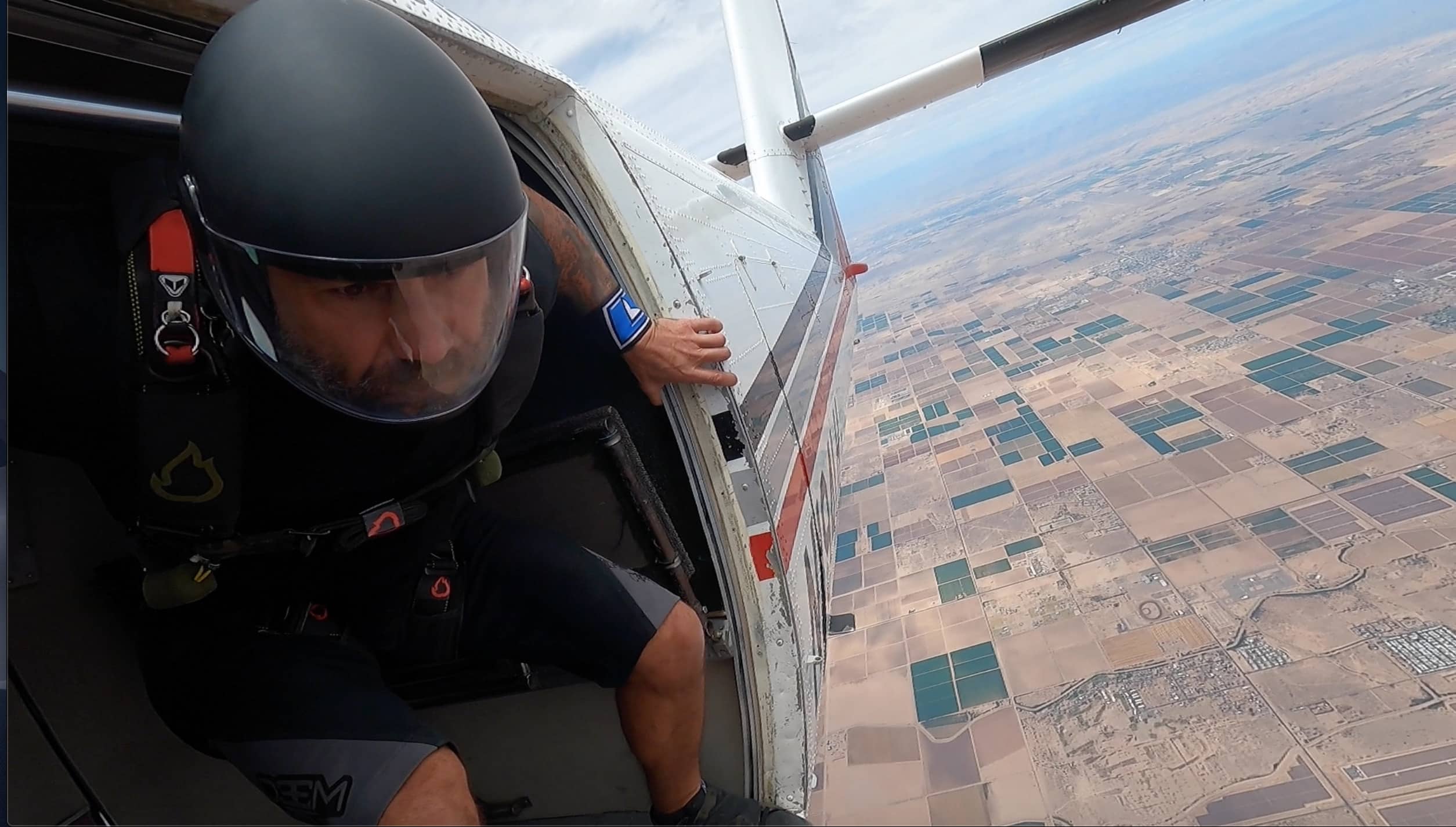By Damien Rider
Inprevious blog’s, we learned about stress in the lesson Understanding Stress. Stress is defined as a state of mental or emotional strain or tension resulting from adverse or very demanding circumstances. Pressure, on the other hand, is about our expectations of how our circumstances need to go– which can either lead to or be caused by stress.
During this blog, we’re going to talk about how pressure affects us and how we can relieve that pressure from our lives in order to decrease stress.
Pressure in Our Lives
In the book Performing Under Pressure, psychologist Hendrie Weisinger describes conversations he’s had with thousands of people about what it’s like to crumble under the weight of expectations. It turns out that everyone– from Fortune 500 employees to Navy SEAL’s and Olympic athletes– knows this feeling.
He encourages people to find a new view on the challenges they face by viewing them as opportunities rather than expectations. He says, “you can lose a competition and not choke, just like you can give a great presentation and not get the job. Choking has more to do with the effects of pressure on performance than on the outcome.”
By shifting your perspective, you not only relieve the pressure and increase your ability to be resilient, but you also open your mind for new victories. By calming the stress levels, we can change the self’s narrative talk from negative pressure to a positive drive towards a goal.
“If the problem can be solved why worry? (stress released). If the problem cannot be solved worrying will do you no good.” (pressure released)
These may be small, but they’re extremely significant and add happiness to our lives. “These small wins matter more because they are so much more likely to occur compared to the big break-throughs in the world. If we only waited for the big wins, we would be waiting a long time. And we would probably quit long before we saw anything tangible come to fruition. What you need instead of big wins is simply the forward momentum that small wins bring,” Weisinger writes.
“Stress is often given a bad rap, but it can be extremely positive,” says Michael Bell, director of Asia Pacific at the Institute for Health and Human Potential. Experiencing controlled stress or stepping out of the comfort zone physically and emotionally can build up a resilience and growth in performance, confidence, understanding and change the subconscious process.
When we feel pressure, our subconscious is weighing a defining moment in our life, while also limiting the possibilities of what is an acceptable outcome. This creates closed-mindedness, which is the enemy of resilience. When you feel like whether you win or lose leads to judgment or damages your character, you’re being manipulated by your own judgment.
Putting this unreasonable pressure on ourselves– one that says we must control other’s perceptions of who we are– leads to mental stress. Based on what we’ve learned so far, we can already see the pattern we’re creating here…. Mental stress, physical tension, shallow breathing, repeat.
Use the One Breath Connection or the methods from meditations like One Breath Meditation to recover from this pattern. Disconnect from the stimulus causing you stress. Connect to your breath, then use your senses and affirmations to create a new, more truthful, positive narrative, and relieve that pressure. Once you take these actions, the possibilities of your life become endless.






